Description
Key Features
- Skill up and implement tricky neural networks using Google’s TensorFlow 1.x
- An easy-to-follow guide that lets you explore reinforcement learning, GANs, autoencoders, multilayer perceptrons and more.
- Hands-on recipes to work with Tensorflow on desktop, mobile, and cloud environment
Book Description
Deep neural networks (DNNs) have achieved a lot of success in the field of computer vision, speech recognition, and natural language processing. The entire world is filled with excitement about how deep networks are revolutionizing artificial intelligence. This exciting recipe-based guide will take you from the realm of DNN theory to implementing them practically to solve the real-life problems in artificial intelligence domain.
In this book, you will learn how to efficiently use TensorFlow, Google’s open source framework for deep learning. You will implement different deep learning networks such as Convolutional Neural Networks (CNNs), Recurrent Neural Networks (RNNs), Deep Q-learning Networks (DQNs), and Generative Adversarial Networks (GANs) with easy to follow independent recipes. You will learn how to make Keras as backend with TensorFlow.
With a problem-solution approach, you will understand how to implement different deep neural architectures to carry out complex tasks at work. You will learn the performance of different DNNs on some popularly used data sets such as MNIST, CIFAR-10, Youtube8m, and more. You will not only learn about the different mobile and embedded platforms supported by TensorFlow but also how to set up cloud platforms for deep learning applications. Get a sneak peek of TPU architecture and how they will affect DNN future.
By using crisp, no-nonsense recipes, you will become an expert in implementing deep learning techniques in growing real-world applications and research areas such as reinforcement learning, GANs, autoencoders and more.
What you will learn
- Install TensorFlow and use it for CPU and GPU operations
- Implement DNNs and apply them to solve different AI-driven problems.
- Leverage different data sets such as MNIST, CIFAR-10, and Youtube8m with TensorFlow and learn how to access and use them in your code.
- Use TensorBoard to understand neural network architectures, optimize the learning process, and peek inside the neural network black box.
- Use different regression techniques for prediction and classification problems
- Build single and multilayer perceptrons in TensorFlow
- Implement CNN and RNN in TensorFlow, and use it to solve real-world use cases.
- Learn how restricted Boltzmann Machines can be used to recommend movies.
- Understand the implementation of Autoencoders and deep belief networks, and use them for emotion detection.
- Master the different reinforcement learning methods to implement game playing agents.
- GANs and their implementation using TensorFlow.
Table of Contents
- Initial steps in Tensorflow 1.x
- Regression
- Neural Networks: Perceptrons
- Convolutional Neural Network
- CNN in Action
- Recurrent Neural Networks
- Unsupervised Learning
- Autoencoders
- Reinforcement Learning
- Tensorflow Mobile
- Generative Adverasial Networks
- Deep Learning on Cloud
- Appendix
- Appendix B : Learning to Learn with AutoML (or what is Meta-Learning)

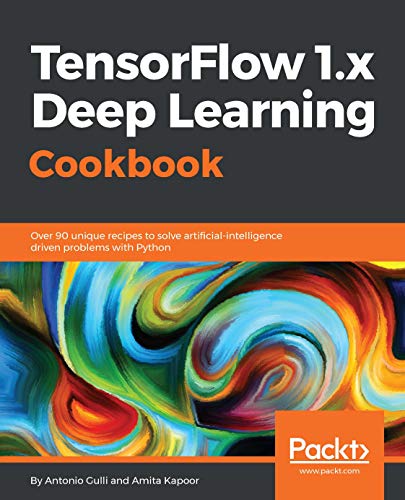
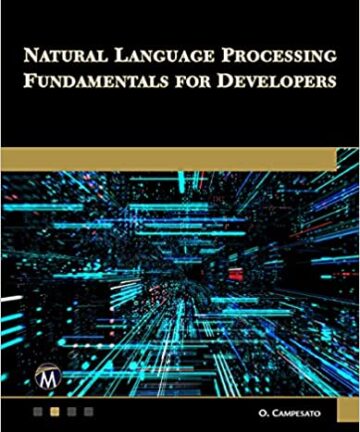
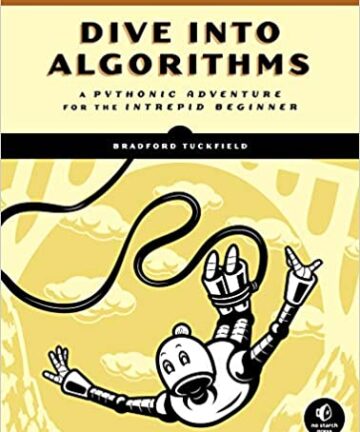
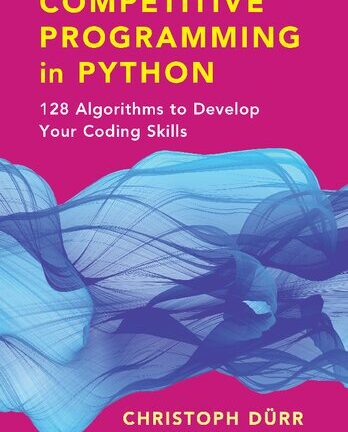
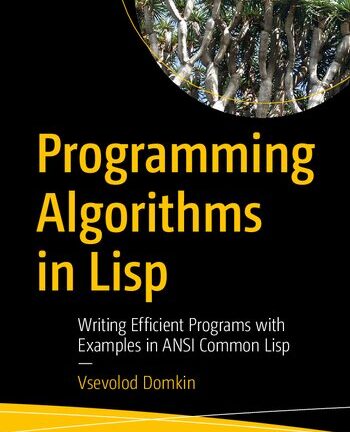
Reviews
There are no reviews yet.